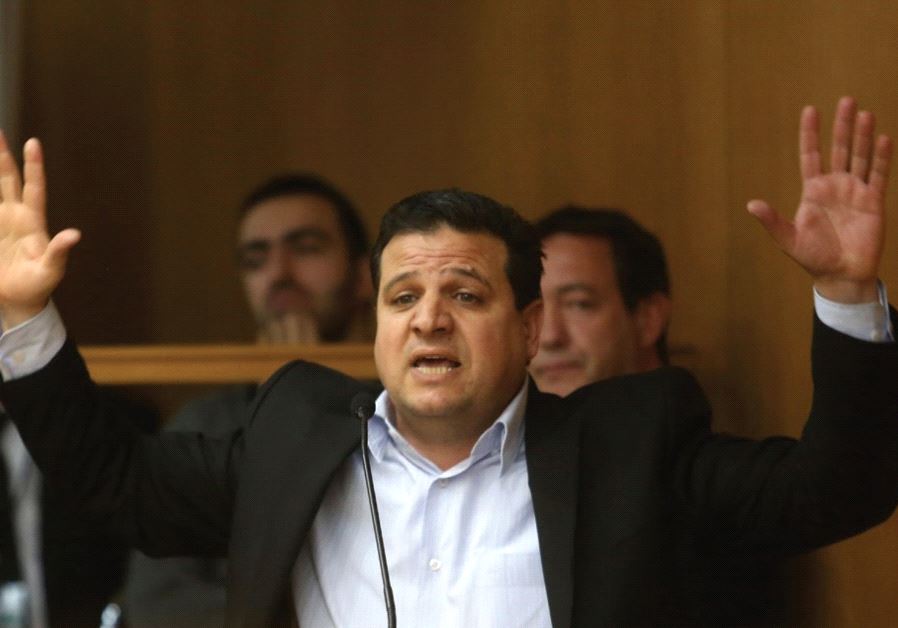Arab turnout at record low, party heads talk of a "political catastrophe"
"Our Arab MK's have failed us," Arab Israeli say.
 HADASH MK Ayman Odeh, leader of the Joint Arab List, speaks at the Knesset in this file photo.(photo credit: MARC ISRAEL SELLEM)
HADASH MK Ayman Odeh, leader of the Joint Arab List, speaks at the Knesset in this file photo.(photo credit: MARC ISRAEL SELLEM)